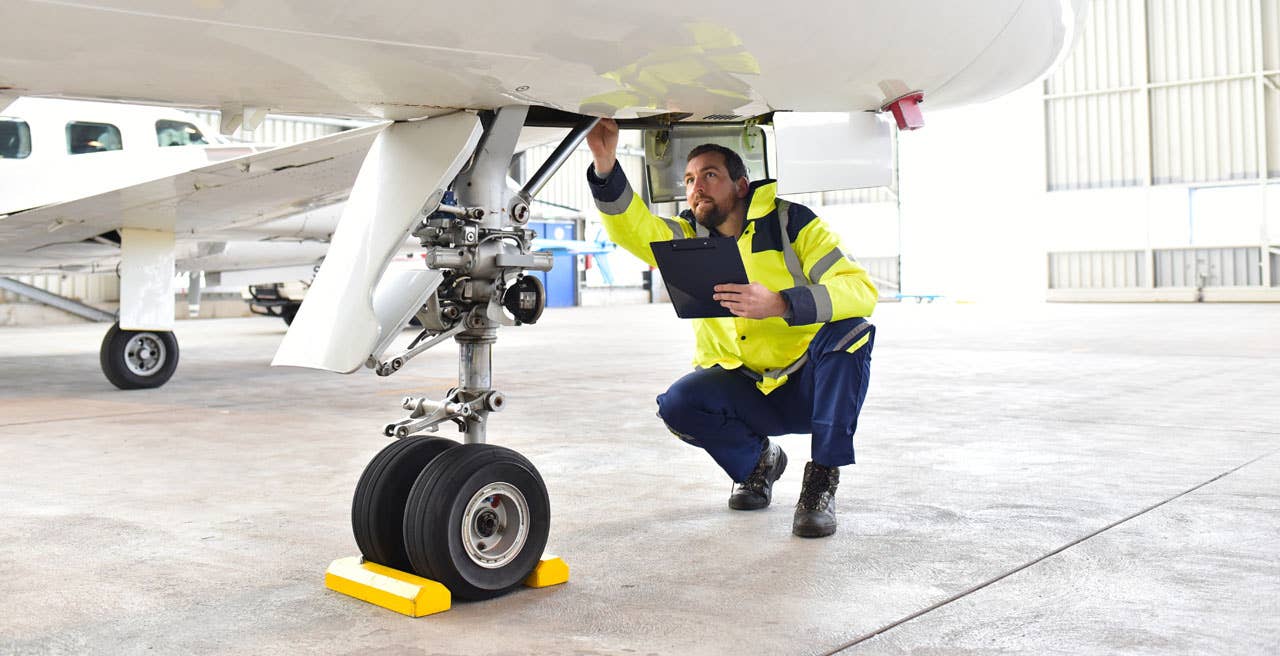Flight-Service Change Should Benefit GA, Says NBAA
It took six years of effort, but the FAA has upgraded its traffic flow management system (TFMS) to make it more effective for general aviation flights, NBAA said this week. Prior to the upgrade, general-aviation flight plans submitted to the Flight Service FS21 system more than three hours before departure were held and weren’t transmitted to the TFMS, resulting in an inaccurate reflection of GA demand information to traffic management, says NBAA. Thanks to a new interface, traffic managers now can see flight-plan data up to 17 hours prior to departure, which should help them to plan more efficiently. “Operators filing IFR flight plans through Flight Service should do so as early as possible to ensure the maximum effectiveness of this enhancement,” says NBAA.

It took six years of effort, but the FAA has upgraded its traffic flow management system (TFMS) to make it more effective for general aviation flights, NBAA said this week. Prior to the upgrade, general-aviation flight plans submitted to the Flight Service FS21 system more than three hours before departure were held and weren't transmitted to the TFMS, resulting in an inaccurate reflection of GA demand information to traffic management, says NBAA. Thanks to a new interface, traffic managers now can see flight-plan data up to 17 hours prior to departure, which should help them to plan more efficiently. "Operators filing IFR flight plans through Flight Service should do so as early as possible to ensure the maximum effectiveness of this enhancement," says NBAA.
For more information, click here to contact NBAA's Operations Service Group. FS21refers to "flight system for the 21st Century," the flight service system operated by Lockheed Martin for the FAA.






